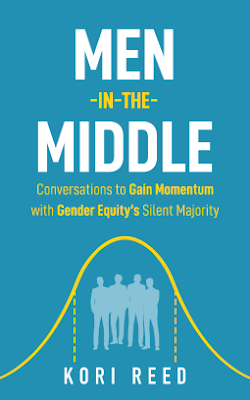In 1967 when I had just turned 16, I got a summer job working in a fabric shop where my aunt was manager. It was a store selling dressmaking cottons and curtain material and my job was to brush and vacuum the floors. Before leaving to resume school I made it to the sales counter. After those first pay packets I thought I was "landed" - indispensable maybe?
The workers there took me under their wings and I fondly remember one old gentleman who must have had a theatrical bent as he would share lines of poetry and plays with me.
One day he declaimed the poem below. I can see him still, sure he was giving me a life lesson. I loved it and learning the words from him, I too committed it to memory. Over the years since I have remembered its key moral message about indispensability.
I had occasion to recall the words recently and typed them in to a search engine. The result flashed back instantaneously. And there was the the poem at the top of the search and importantly the name of its author - unknown to me for over 50 years. Her name was Saxon White Kessinger and she wrote the poem in 1959.
Like most of those workers the author too is now gone; she died back in 2010. Odd that her work so vividly audible in my memory for her name to be unknown to me. She clearly left an impression on my then senior colleague. And through him on me.
Here's to the threads of memory that are woven into the fabric of our connections.
Here's to the lasting impressions people, now long gone, have left us.
Here's to the enduring and indispensable legacy of poetry.
Here's to the memory of Saxon White Kessinger and her 1959 poem:
The Indispensable Man
Sometime when you’re feeling important;
Sometime when your ego's in bloom;
Sometime when you take it for granted,
You’re the best qualified in the room:
Sometime when you feel that your going,
Would leave an unfillable hole,
Just follow these simple instructions,
And see how they humble your soul.
Take a bucket and fill it with water,
Put your hand in it up to the wrist,
Pull it out and the hole that’s remaining,
Is a measure of how much you’ll be missed
You can splash all you wish when you enter,
You may stir up the water galore,
But stop, and you’ll find that in no time,
It looks quite the same as before.
The moral of this quaint example,
Is to do just the best that you can,
Be proud of yourself but remember
There’s no indispensable man.
More:
Read Saxon White Kessinger (1921-2010) obituary notice here on Idaho Statesman








